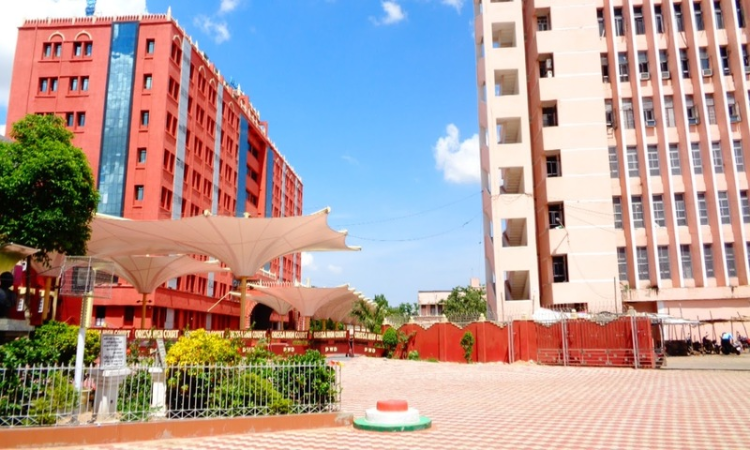S.227 CrPC | Accused Must Be Discharged In Absence Of 'Grave Suspicion': Orissa High Court
Jyoti Prakash Dutta
19 March 2022 5:55 PM IST

Next Story
19 March 2022 5:55 PM IST
The Orissa High Court has recently held that there must be 'grave suspicion' and not mere 'suspicion' against the accused before the Court can frame charge against the accused. Otherwise, there will be 'sufficient ground' under Section 227 of CrPC to discharge the accused. While allowing the revision against a lower Court's order, a Single Judge Bench of Justice Sashikanta...
